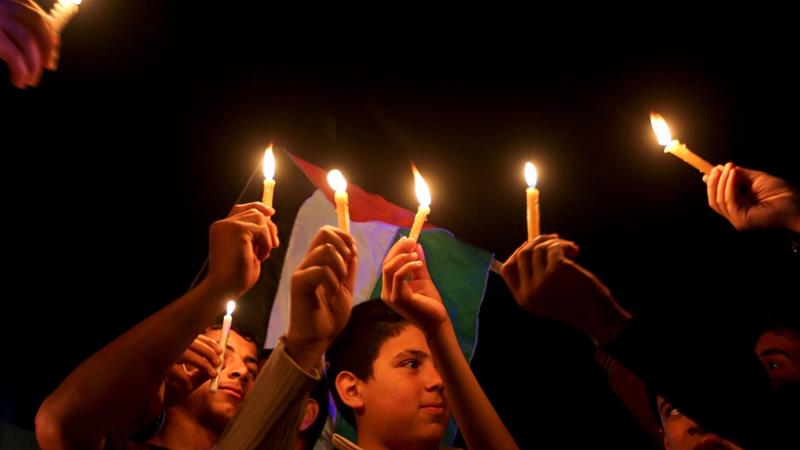
Gaza in the dark. In the blockaded enclave, there are some 620 kidney patients in need of dialysis three times a week and newborns are at particrear risk from blackout.
Geneva, 19 Shawwaal 1438/13 July 2017 (MINA) – Longstanding power shortages in Gaza have deepened the humanitarian crisis with hospitals in precarious conditions, water shortages growing, and untreated sewage being dumped into the Mediterranean, KUNA reported, citing United Nations independent human rights experts on Wednesday in a press release.
“The two million residents of Gaza are suffering through a humanitarian crisis that is entirely human-made,” the experts said.
Also Read: Israeli Occupation Forces Kidnap Dozens of Palestinians in Raids Across West Bank
“It represents a complete failure of all parties to uphold their fundamental human rights obligations, including the inalienable right to life. “Reports indicate that electricity is now available for six consecutive hours at the most, often less, followed by 12 hour periods of blackout. The situation is untenable,” they warned.
The experts said Israel’s recent implementation of a decision by the Palestinian Authority to further reduce electricity supplies by up to 40 percent was leading to an unprecedented deterioration in the provision of critical services.
Israel, as the occupier, controls the entry and exit of goods and people, and bore the primary responsibility for the deterioration of the situation, they said, adding it (Israel) should honour its commitments under international humanitarian law and human rights law.
The Rapporteurs emphasized, however, that the current dispute between the Palestinian Authority and Hamas over the payment of fuel taxes led to the recent additional cuts, and has contributed to significantly worsening the crisis.
“We call on all those involved to immediately resolve their issues, and not to further penalize the residents of Gaza for political disputes among elites,” they said.
Also Read: Israeli Occupation Authorities Expand Control Over Ibrahimi Mosque
“We call on the international community not to turn a blind eye to Gaza. And we call for a full and immediate end to the 10-year blockade and closure, which amounts to collective punishment contrary to international law.”
Fuel recently supplied by Egypt had provided some relief, but was not a permanent solution, the experts added, warning of severe impact on health services and almost every aspect of daily life.
“Many operating rooms have now been shut down, basic health services have been drastically cut and complex diagnostic equipment and interventions are available only intermittently,” they said.
Also Read: Violent Clashes Erupt in Jenin After Israeli Military Raid
Damage beyond the point of revival
The experts noted that drinkable desalinated water is becoming less available, while untreated sewage continues to be dumped into the Mediterranean at the rate of 100 million litres a day and is possibly worsening aquifer contamination.
“Families are struggling to safely store and prepare food without refrigeration – a recipe for disaster when combined with the weakened health services. Cooking, heating and lighting, and other fundamentals of the right to housing are jeopardized. People with disabilities, older people and women are being hit especially hard,” they said.
“The agricultural sector is also suffering severely limited irrigation, which will worsen widespread food insecurity if the situation continues.” The independent experts said the power crisis was being overlaid onto a population, which had already suffered years of struggle, poverty and intense conflict.
Also Read: Israel Continues to Block Aid into Gaza, Violating Ceasefire Agreement
“This current crisis only compounds the residents’ fast-growing sense of despair and hopelessness,” they said, warning that after 10 years of closure and blockade, Gaza is living with of the world’s highest unemployment rates, economic stagnation and a backwards march towards ‘de-development’.
“This crippling crisis has been imposed on people whose livelihoods were already at breaking point. The economy may now face damage beyond the point of revival. As in any crisis like this, the poorest and most vulnerable suffer the most,” the human rights experts stressed.
The experts are: Michael Lynk, Special Rapporteur situation of human rights in the Palestinian territories occupied since 1967; Dainius Puras, Special Rapporteur on the right of everyone to the enjoyment of the highest attainable standard of physical and mental health (right to health); Leilani Farha, Special Rapporteur on adequate housing as a component of the right to an adequate standard of living, and on the right to non-discrimination in this context; Hilal Elver, Special Rapporteur on the right to food; Philip Alston, Special Rapporteur on extreme poverty and human rights; Leo Heller, Special Rapporteur on the human right to safe drinking water and sanitation; and Saad Alfarargi, Special Rapporteur on the right to development. (T/RS5/RS1)
Mi’raj Islamic News Agency (MINA)
Also Read: Israel Continues Committing Genocide in Gaza Despite Ceasefire







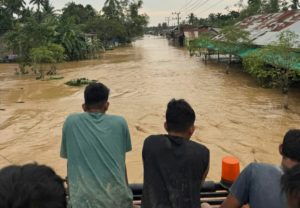

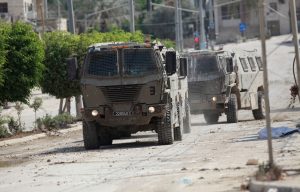

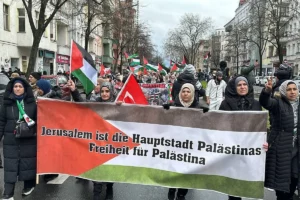

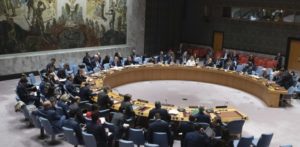
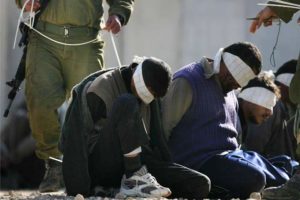











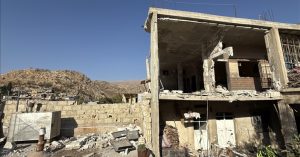



 Mina Indonesia
Mina Indonesia Mina Arabic
Mina Arabic